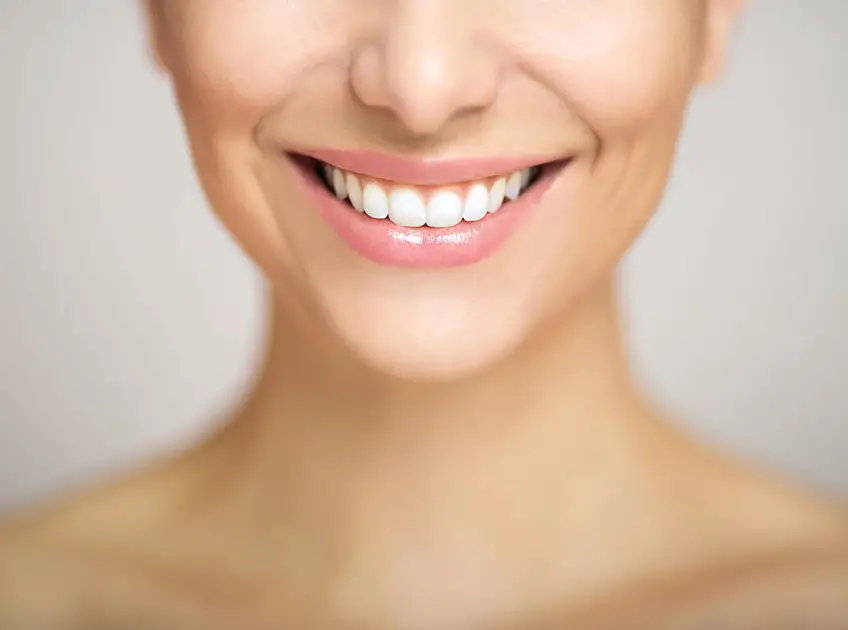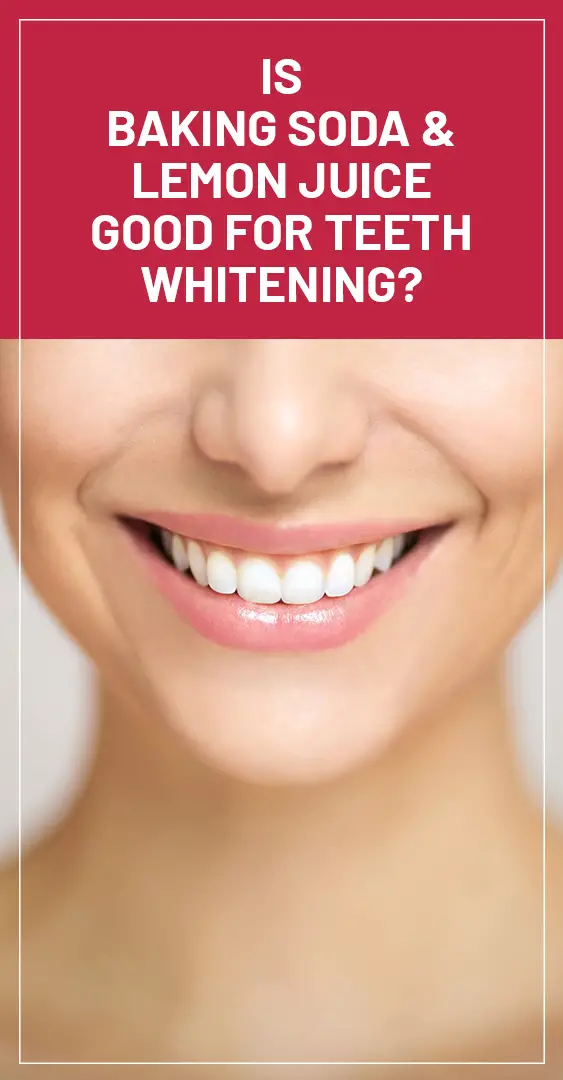
Important: This article is for informational purposes only. Please read our full disclaimer for more details.
Lemon and baking soda combinations are highly beneficial for various health issues. They are used to improve skin, treat acidity and whiten teeth.
Different studies claim the benefits of lemon juice and baking soda separately, but not much research supports the combined effects of these two ingredients. However, people who have used them together swear by the results.
Let’s discuss some potential health benefits of baking soda and lemon juice and how they work to whiten the teeth.
Lemon And Baking Soda For Teeth
The Science Behind pH
It is believed that baking soda– an alkaline substance, and lemon juice- an acidic ingredient, are combined with balancing the pH. It draws on the basic principles of acidity and pH scale.
pH level is measured between 0 and 14. Pure solutions like water have a pH of 7, which is considered neutral. However, pH levels below 7 indicate an acidic solution, and pH levels above 7 indicate an alkaline or base solution.
The pH of lemon juice is around 3. The lower the pH higher is the acidity. Therefore, lemon juice is considered an acidic solution. Likewise, the pH of baking soda is around 8.3, clearly indicating it is an alkaline ingredient.
How Do Baking Soda And Lemon Juice Help In Whitening Teeth?
Role Of Baking Soda
Baking soda has antibacterial properties. It is the reason it is one of the major ingredients in most antibacterial creams, lotions, and ointments. Besides, baking soda can remove plaque without eroding tooth enamel. It makes it an important component in toothpaste as well.
Since baking soda can remove tooth stains at the surface level, it becomes an effective remedy for traditional teeth whitening. At the same time, it is an affordable remedy for teeth whitening too.
Role Of Lemon Juice
Lemon juice has strong stain removing properties. It is often used as an effective alternative for hard bleaches and other chemicals. The citric acid in lemon juice breaks down the stain and makes them disappear after regular use.
Even though there are little pieces of evidence suggesting adding lemon juice to baking soda for dental benefits, together, they seem promising and effective.
Note: It is important to know that high ascorbic acid and citric acid are known to erode teeth enamel and may lead to tooth decay. Since both of these acids are present in lemon juice, more research is needed.
However, since we are using it with baking soda, the pH balances. It reduces the chances of high acidic content reacting to tooth enamel decrease.
How To Use Baking Soda And Lemon Juice For Teeth?
To use baking soda and lemon juice for teeth, you need the following-
- Baking soda- 1/2 tablespoon
- Lemon juice- 1/2 tablespoon
Steps-
- Mix these two ingredients in a bowl and make a paste.
- Now dip your toothbrush in the paste and rub it on your teeth.
- Regularly brushing with this lemon soda mixture will help to whiten and brighten the teeth.
Final Words
Lemon juice and baking soda are effective and popular hacks that can potentially treat an array of health issues. They are used for skin care, heartburn, indigestion, and teeth whitening. However, anecdotal evidence does not support the health benefits of these mixtures, making it difficult to draw definitive conclusions.
While these two ingredients work wonders separately, their combined effect is little known. It is better to consult your dentist before using them together to reduce the chances of side effects.
You Might Also Like:
- Home Remedies to Whiten Teeth Fast
- How to Whiten Your Teeth Naturally at Home
- How To Whiten Your Teeth With Baking Soda – 7 Best Ways
- 7 Best Teeth Whitening for Sensitive Teeth
- 7 Best Toothpastes For Sensitive Teeth
- What Causes Gum Growing Between Teeth & How To Correct It?
- How To Get Rid Of Cavities Using Baking Soda
- Baking Soda & Lemon Juice for Teeth Whitening
- Is It Safe to Whiten Teeth with Baking Soda & Lemon Juice?
- How To Whiten Your Teeth With Baking Soda
- How to Whiten Your Teeth Using Coconut Oil and Baking Soda?
- How To Get Rid Of Cavities Using Baking Soda
- How to Whiten Teeth with Coconut Oil?
- Apple Cider Vinegar for Teeth Whitening
- 7 Best Mouthwashes For Sensitive Teeth
















